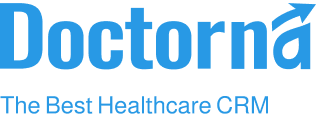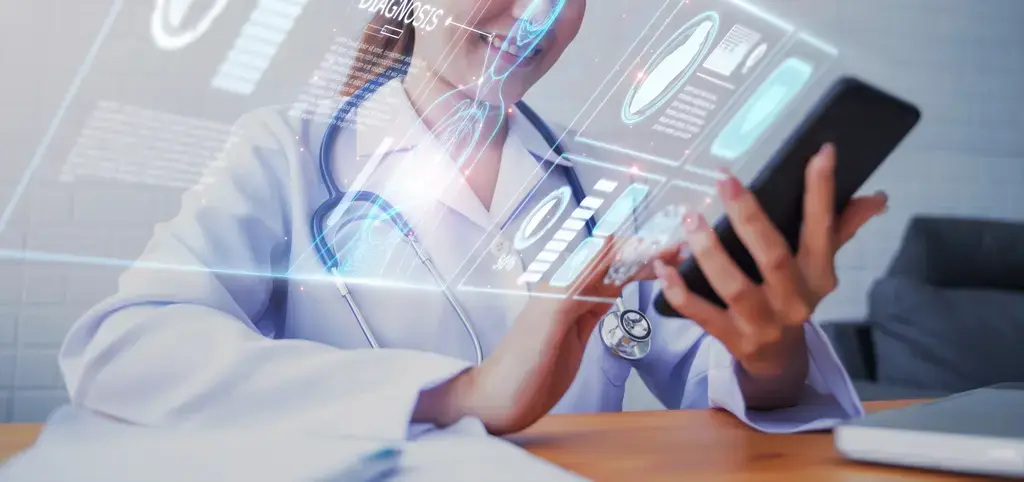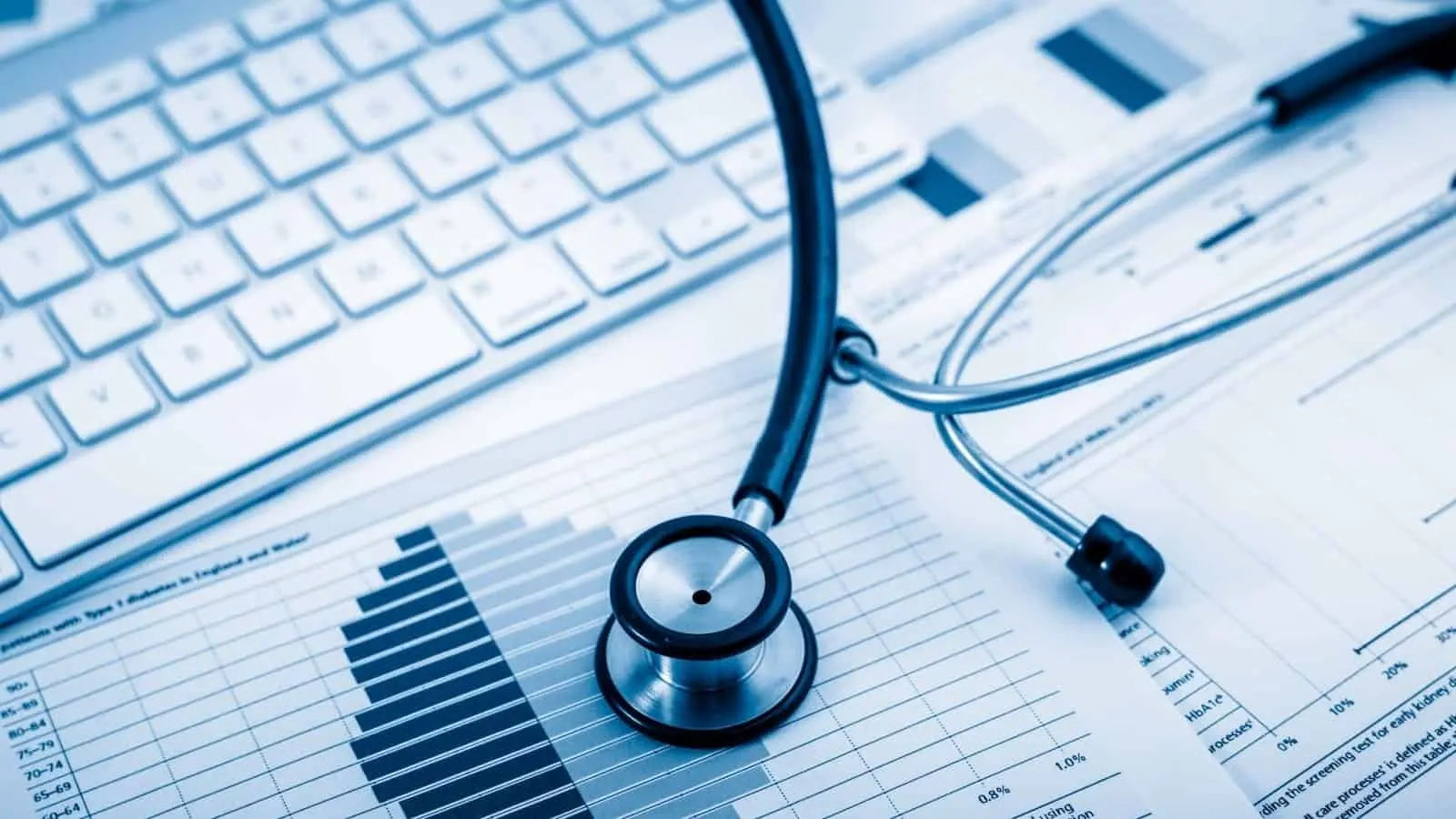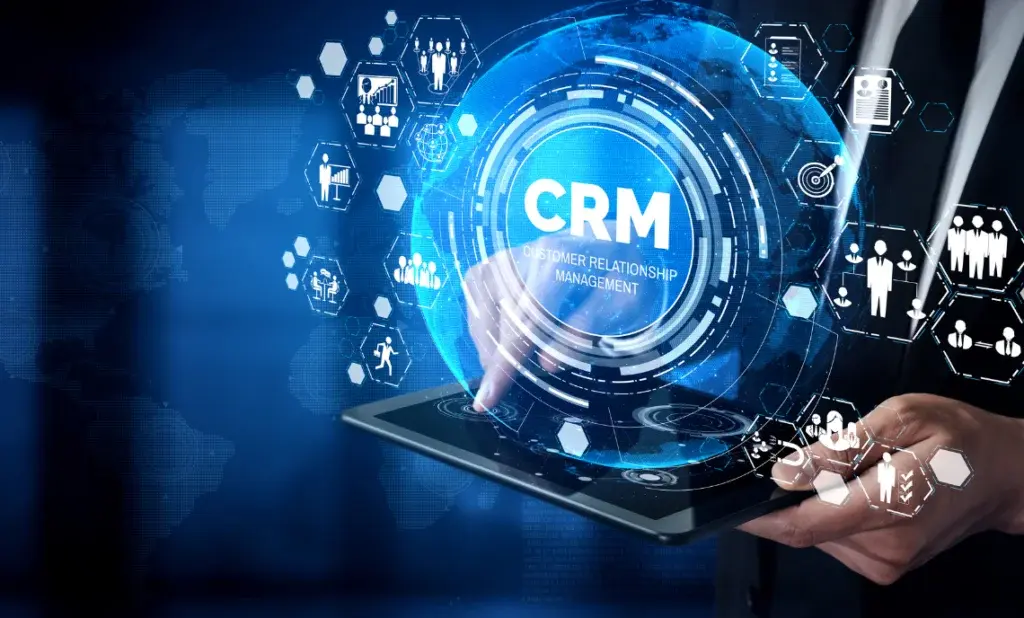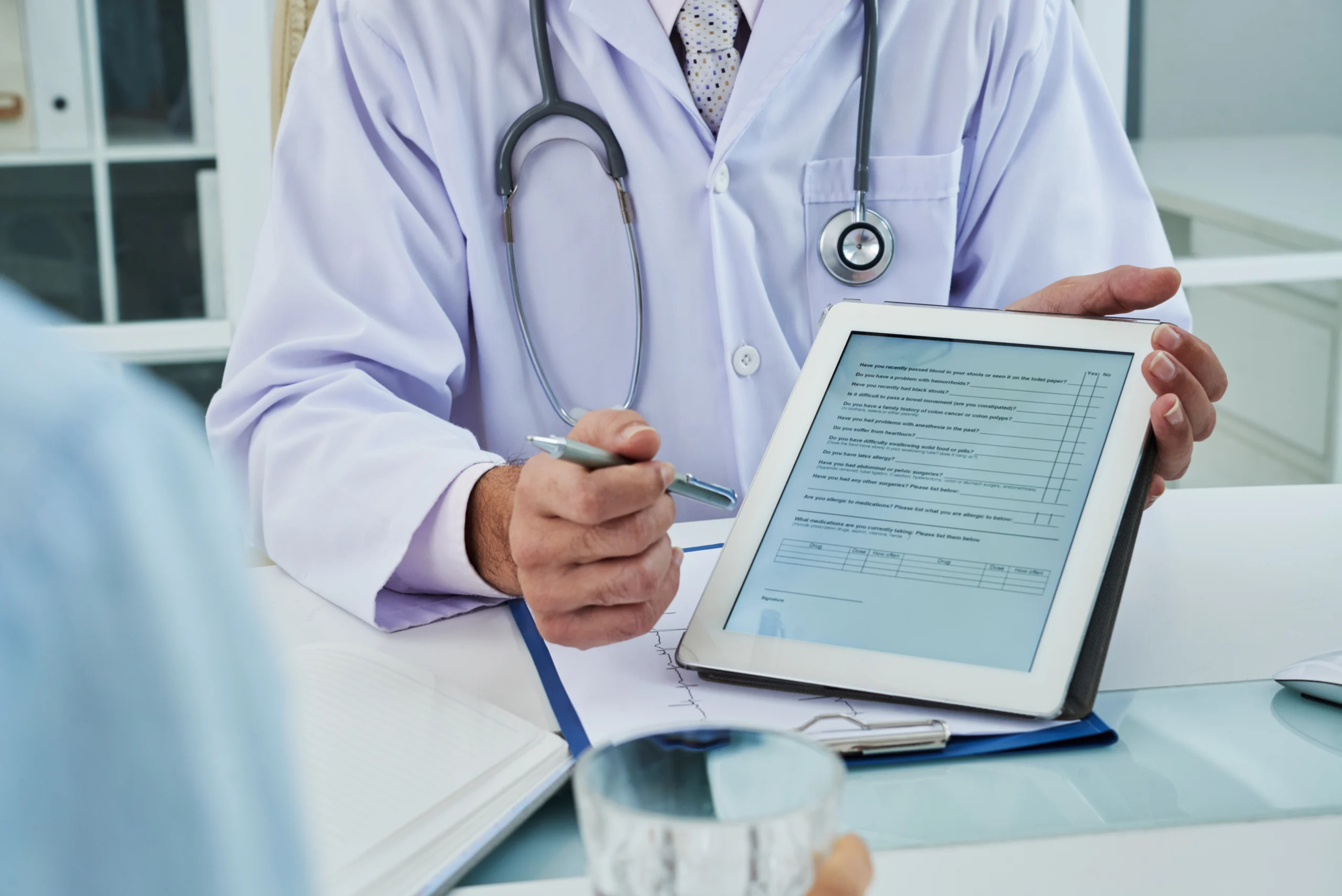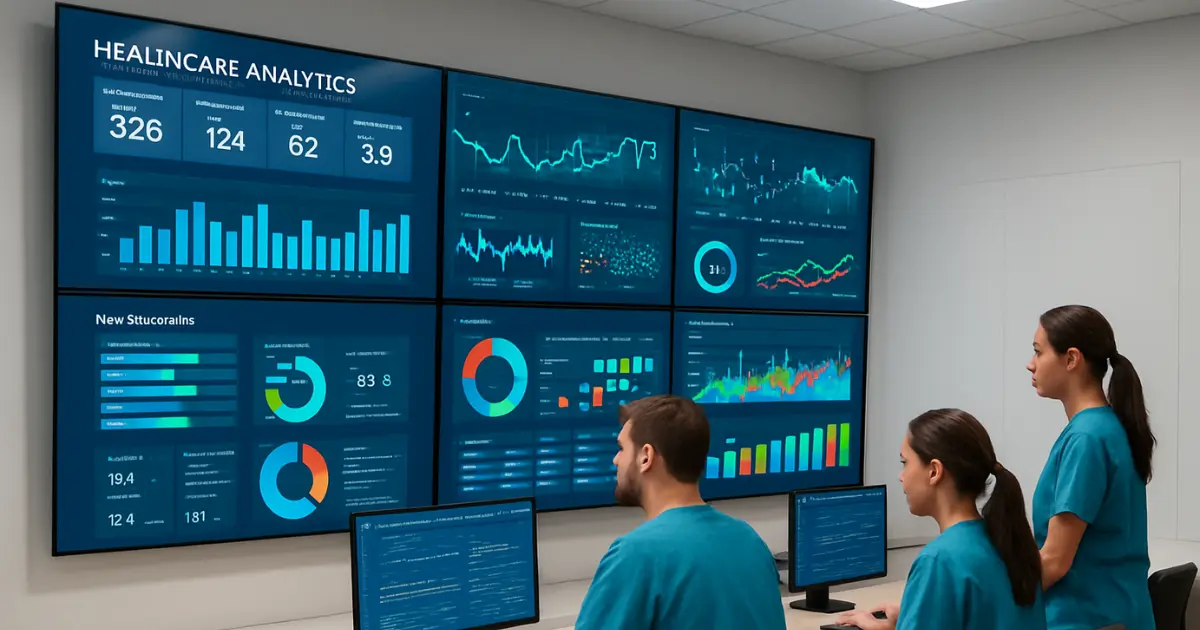In today’s healthcare industry, data is one of the most valuable assets — and one of the most sensitive. Hospitals, clinics, and healthcare providers handle vast amounts of patient information every day, from personal identification details to medical records and billing data. As organizations increasingly adopt Customer Relationship Management (CRM) systems to improve patient engagement and streamline operations, data security becomes an even greater priority.
A Healthcare CRM centralizes patient data and automates communication, marketing, and service workflows. However, without robust security protocols, it can become a potential entry point for cyberattacks, data breaches, and regulatory violations. To maintain patient trust and ensure compliance with healthcare privacy laws, healthcare organizations must implement strict security protocols tailored to the unique needs of medical data management.
Let’s explore the critical security protocols that every healthcare CRM must have to protect patient data and maintain compliance.
1. Data Encryption (At Rest and In Transit)
Encryption is the foundation of CRM data security. It ensures that even if unauthorized users gain access to your system, they cannot read or misuse the data.
- Data at Rest Encryption: Protects stored patient information in databases, backup drives, or servers using strong algorithms like AES-256.
- Data in Transit Encryption: Secures data while it travels between devices, networks, or servers — typically using SSL/TLS encryption protocols.
For example, when a patient fills out an appointment form on a clinic’s website, encryption ensures that their information remains confidential from submission to storage. Without encryption, even routine data transfers could expose sensitive health details to interception.
2. Role-Based Access Control (RBAC)
In healthcare, not everyone should have access to every piece of patient data. A Role-Based Access Control (RBAC) system restricts data access based on a user’s role, department, or authorization level.
For instance:
- Front-desk staff can view appointment details but not medical history.
- Physicians can access clinical data relevant to their patients.
- Marketing teams can only view anonymized engagement data.
RBAC ensures that each staff member interacts with the CRM only within their operational boundaries, minimizing the risk of internal misuse or accidental data leaks.
3. Multi-Factor Authentication (MFA)
Passwords alone are no longer enough to protect healthcare systems. Multi-Factor Authentication (MFA) adds an extra layer of security by requiring users to verify their identity through multiple means — such as a password, a mobile OTP (One-Time Password), or biometric verification.
MFA drastically reduces the risk of unauthorized access caused by stolen or weak credentials. In a healthcare CRM, where multiple users access patient data from different locations or devices, MFA provides essential protection against unauthorized logins and phishing attacks.
4. HIPAA and GDPR Compliance
Compliance isn’t just a best practice — it’s a legal requirement. Healthcare CRMs must adhere to HIPAA (Health Insurance Portability and Accountability Act) in the U.S. and GDPR (General Data Protection Regulation) in the EU, depending on the region of operation.
Key compliance features include:
- Audit trails for tracking user activity and data access.
- Data anonymization for marketing and analytics purposes.
- Patient consent management for communications and data sharing.
- Breach notification systems for timely alerts in case of data compromise.
A CRM designed specifically for healthcare should include built-in tools to support these compliance requirements automatically. Non-compliance can lead to hefty fines and damage to an organization’s reputation.
5. Secure APIs and Integration Management
Healthcare CRMs often integrate with other systems — such as Electronic Health Records (EHRs), billing software, telehealth platforms, and marketing tools. While integrations are essential for efficiency, they also increase potential entry points for cyber threats.
To mitigate this risk, CRMs should use secure APIs (Application Programming Interfaces) with strict authentication, encryption, and access policies. Each connected system should be monitored for vulnerabilities, and unnecessary data exchanges should be restricted.
Proper integration security protocols prevent unauthorized third-party access, ensuring that patient information remains protected across all connected systems.
6. Regular Security Audits and Penetration Testing
Even the most secure CRM can develop vulnerabilities over time due to software updates, new integrations, or evolving cyber threats. Conducting regular security audits and penetration tests is critical to maintaining data protection.
These audits help identify:
- System weaknesses or misconfigurations.
- Unauthorized access attempts.
- Potential compliance gaps.
By simulating real-world attacks, penetration testing provides insights into how resilient your CRM is against cyber threats. A proactive approach to security ensures that risks are mitigated before they become breaches.
7. Data Backup and Disaster Recovery
Data loss in healthcare is not just inconvenient — it can disrupt patient care, damage trust, and violate legal obligations. That’s why every healthcare CRM must include a robust data backup and disaster recovery plan.
Essential components include:
- Automated and encrypted data backups on secure cloud or offsite servers.
- Real-time replication for critical data.
- A clear recovery plan with defined response timelines.
If a system failure or ransomware attack occurs, having secure and retrievable backups ensures that operations can continue with minimal disruption.
8. Audit Trails and User Activity Monitoring
Transparency is key to both compliance and accountability. A healthcare CRM should automatically log every user action, including logins, data changes, exports, and communication activities.
These audit trails:
- Help trace security incidents.
- Support compliance audits.
- Deter unauthorized data access.
Regular monitoring of these logs can also reveal unusual activity patterns — such as multiple failed login attempts — allowing early detection of possible security threats.
9. Secure Cloud Infrastructure
As many healthcare CRMs are now cloud-based, choosing a platform that uses a secure cloud infrastructure is critical. Look for vendors that partner with HIPAA-compliant cloud providers such as AWS, Microsoft Azure, or Google Cloud.
Cloud security should include:
- Encryption of data both in storage and during transfer.
- Geo-redundant data storage (multiple server locations).
- Continuous vulnerability scanning.
- Compliance certifications (ISO 27001, SOC 2 Type II, etc.).
A secure cloud CRM not only improves accessibility but also ensures that patient data is protected from unauthorized access and physical disasters.
10. Employee Training and Awareness
Even the strongest security systems can fail if employees are not properly trained. Human error is one of the leading causes of data breaches in healthcare. Regular security awareness training helps staff recognize phishing emails, practice safe password management, and handle sensitive data responsibly.
A security-conscious culture within the organization ensures that everyone — from administrators to medical staff — plays an active role in protecting patient information.
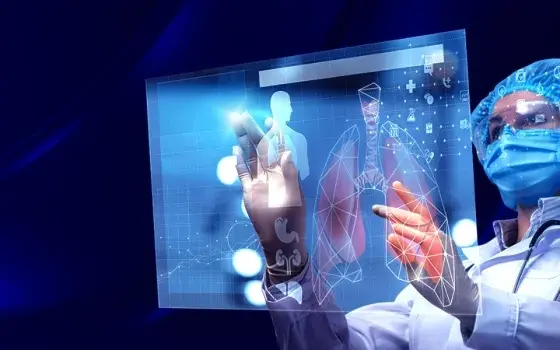
Conclusion
Implementing a CRM in healthcare isn’t just about improving patient communication or streamlining workflows — it’s about safeguarding trust. Every interaction within a healthcare CRM involves sensitive data that must be protected with the highest level of security.
By adopting these critical protocols — from encryption and access control to compliance, monitoring, and staff training — healthcare organizations can create a secure, reliable, and compliant CRM ecosystem.
In a world where cyber threats are evolving daily, investing in robust CRM security isn’t an option — it’s a responsibility. When patients know their information is safe, they’re more likely to engage, share, and stay loyal to your healthcare brand.
